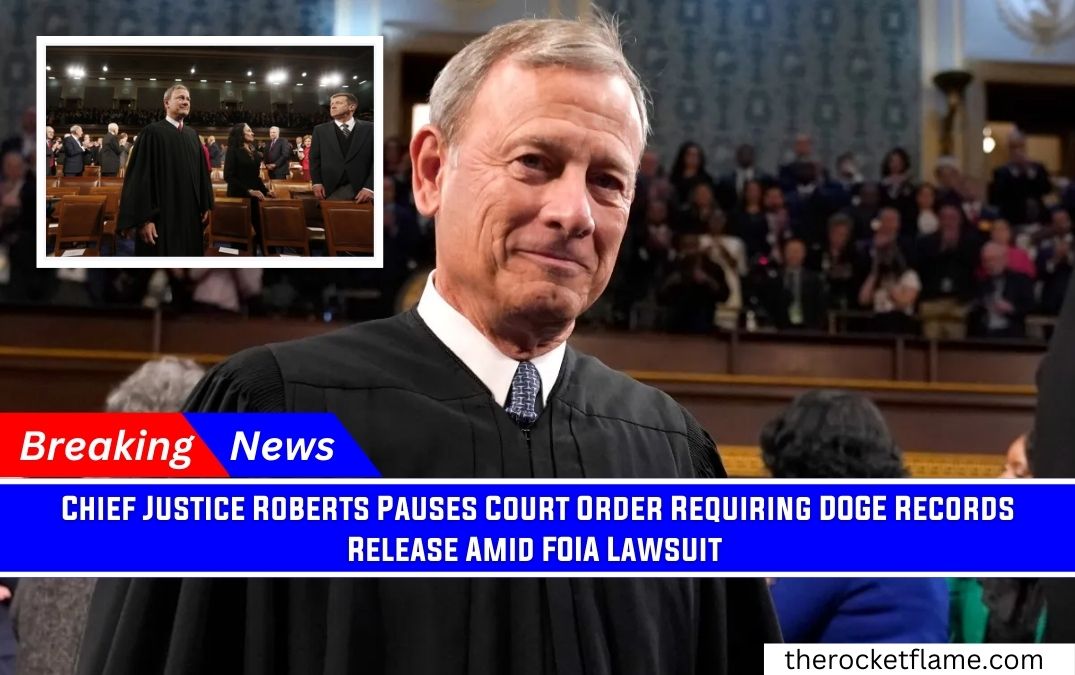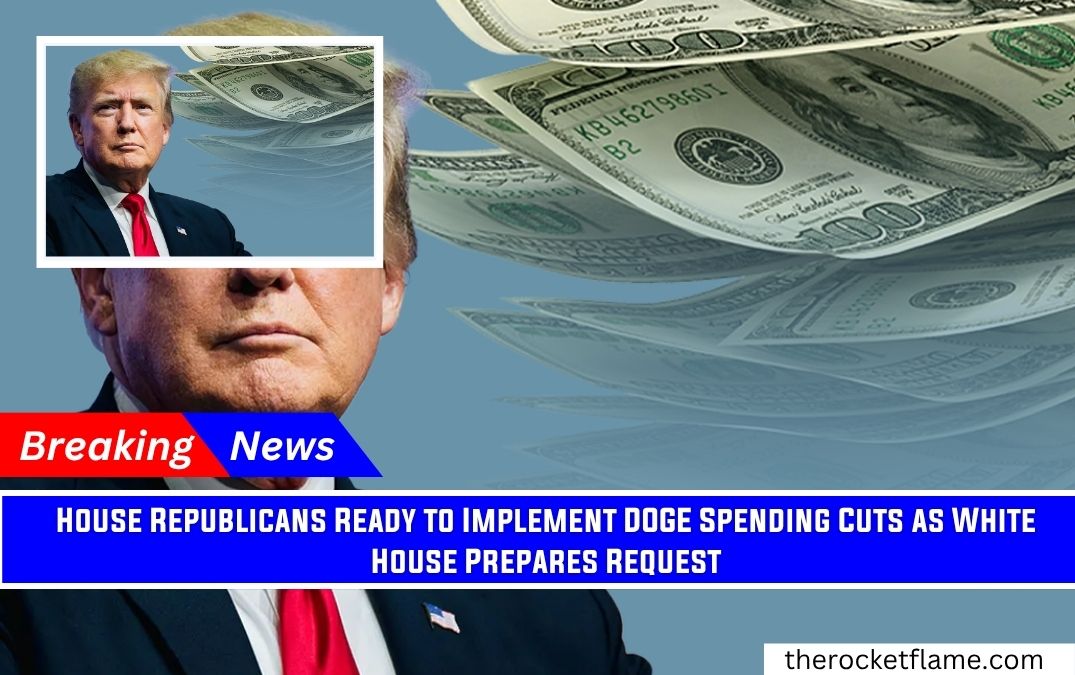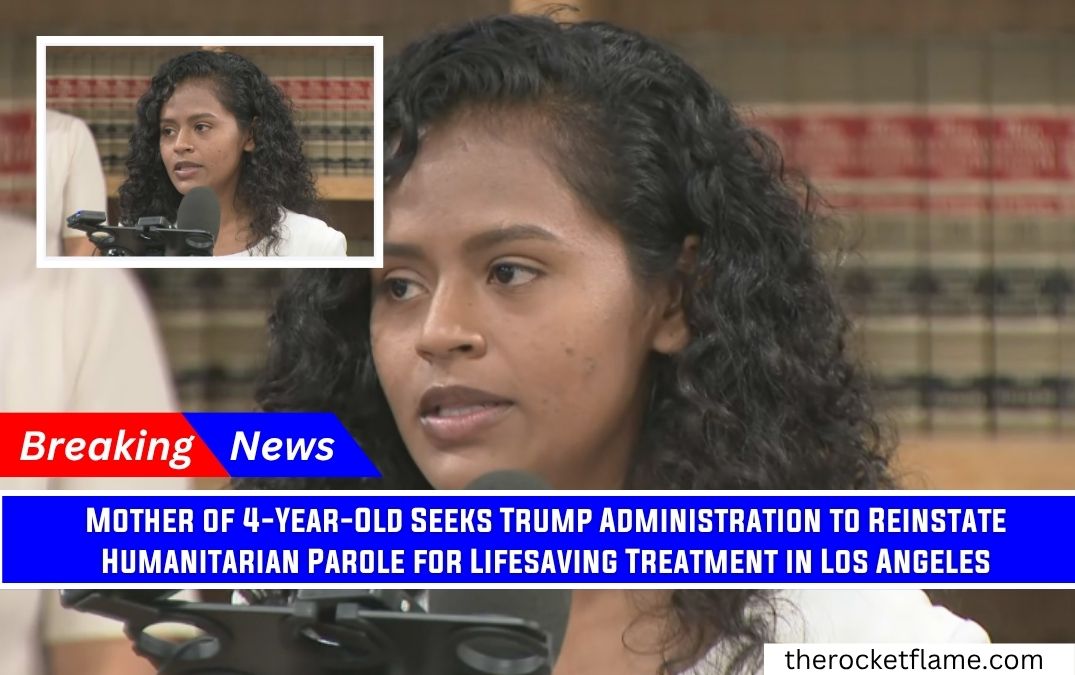Chief Justice John Roberts issued a temporary stay Friday, blocking court orders that would have required the White House’s Department of Government Efficiency (DOGE) to release internal records and allow a deposition of its acting administrator.
The move comes as part of a broader legal battle over whether DOGE, tied to President Trump’s second-term government reform efforts, is subject to federal transparency laws.
What Happened
Chief Justice Roberts temporarily halted two lower court orders demanding that DOGE comply with a discovery request.
The stay delays deadlines for turning over internal documents and deposing acting administrator Amy Gleason.
This pause gives the U.S. Supreme Court more time to review an emergency appeal from the Trump administration.
Key Details
- The legal battle stems from a Freedom of Information Act (FOIA) lawsuit filed by Citizens for Responsibility and Ethics in Washington (CREW).
- The watchdog group is seeking records on DOGE operations, personnel, and decision-making authority.
- CREW argues that DOGE functions as a federal agency and must comply with FOIA and federal records laws.
- The Department of Justice disagrees, calling DOGE a presidential advisory body not subject to public records law.
- A U.S. District Court and the D.C. Circuit Court of Appeals previously sided with CREW.
Reactions or Statements
- U.S. District Judge Christopher Cooper ruled DOGE likely falls under FOIA due to its substantial influence on federal operations.
- DOJ lawyers maintain DOGE only advises the president and has no independent decision-making power.
- President Trump has claimed Elon Musk leads the task force, but DOJ says Musk has no formal role.
- The White House appointed Amy Gleason as acting administrator to clarify the leadership.
Investigation or What’s Next
- The Supreme Court will now decide whether to uphold or overturn the lower court’s order.
- If the stay is lifted, DOGE must produce records by June 3 and allow Gleason’s deposition by June 13.
- This case may set a precedent on how presidential task forces are treated under federal transparency laws.
FAQs
What is DOGE?
The Department of Government Efficiency is a task force created by President Trump to streamline the federal government.
Why is CREW suing DOGE?
CREW filed a FOIA lawsuit seeking transparency into DOGE’s operations and influence over federal decision-making.
Is Elon Musk part of DOGE?
President Trump claims Musk leads the group, but DOJ officials say Musk holds no formal role or authority.
What kind of records are being requested?
CREW is asking for contracts recommended for cancellation, employee lists, and other internal documents.
What happens next?
The Supreme Court will consider the Trump administration’s emergency appeal and determine DOGE’s obligations under FOIA.
Summary / Final Takeaway
The Supreme Court’s temporary pause on DOGE’s required disclosure marks a significant moment in the ongoing debate over transparency in presidential task forces.
As legal questions intensify around the scope of executive authority and public access to information, the case could reshape how similar bodies operate in future administrations.












